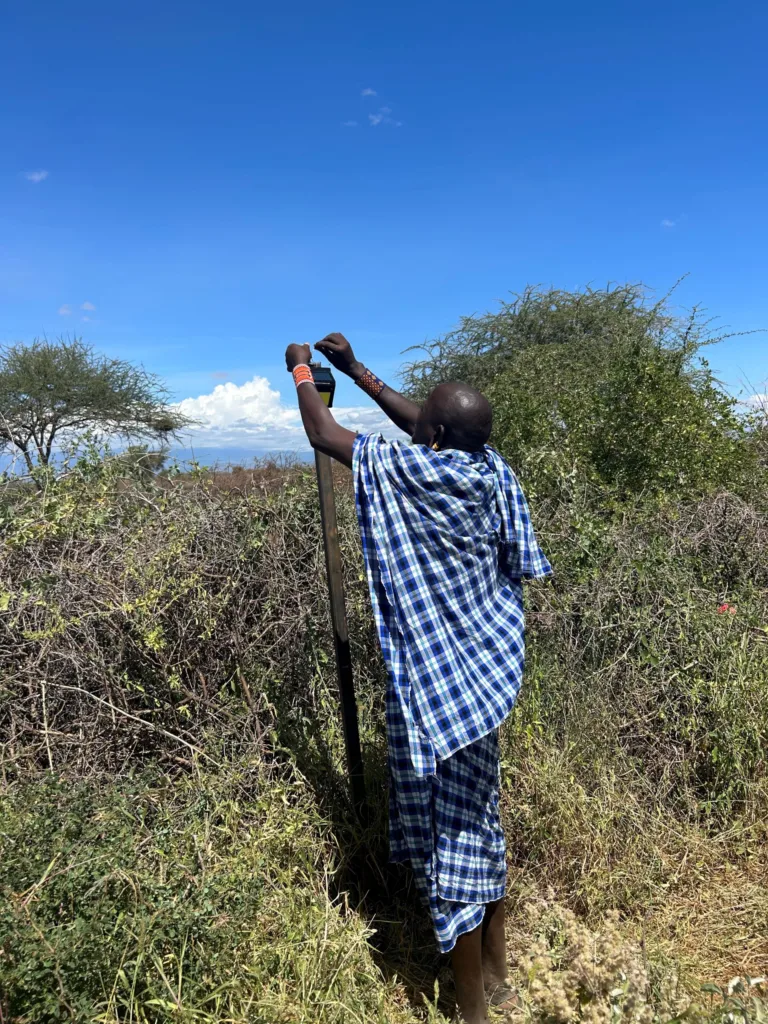Transforming the Anthropocene
Since the beginning of the Industrial Revolution, the human footprint on natural resources has been deepening. This is reflected not only in massive species extinctions but also in species declines that will eventually affect ecosystem services which human life depends upon. Within a few hundred years, the paleontologists of the future will look at the fossil record and notice a sharp decline in species diversity coinciding with widespread human dispersion and increased population size and resource consumption. It is no wonder that this particular geological epoch has been called the Anthropocene, to honor our species and its significant anthropogenic impact on the planetary systems most relevant to life.
In an ecological time frame, the Anthropocene is hard to notice since our knowledge of biological diversity in terms of species numbers is very limited, and many species (the vast majority) do not have a scientific name or have not been discovered by science so that their disappearance goes unnoticed. Extinction generates opportunities for generalist species to increase in abundance. This is one of the clearest signs of the simplification of ecosystem processes. The number of endangered species is increasing due to the combined effects of habitat loss, land use changes, decrease in population size, and species replacement by more generalist, human-adapted species. However, human adaptation and learning are also significant. Our species went through many bottlenecks before, where survival was not guaranteed, and without almost any technology. Could technology save us this time? We require a change in paradigm. This is why dispersing the word about sustainable development could be the crucial answer to balancing our basic needs with the capacity of the environment to sustain human life in the long term.
Although Costa Rica has experienced periods of massive deforestation, it has also presented unique responses to promote ecosystem conservation, such as setting aside a quarter of its land into national parks, implementing the program for payment of environmental services, and generating a significant share of its energy from sustainable sources. This country serves as a small laboratory to see what alternatives have the opportunity to solve our most immediate and urgent problems. Education on sustainable development is one of the answers and should become one of the priorities in the near future. Transforming a job market characterized by short-term profit, introducing the idea of reducing environmental impacts, as well as shifting economic activities towards those that are more inclined towards sustainability, promoting and supporting clean energy, implementing changes today so that tomorrow will be more sustainable for future generations must be the key components of a global transformation agenda.
The School for Field Studies’ philosophy, with academic programs based on educating for sustainability, integrating communities into sustainable practices, and implementing transforming experiences for our students, provides an opportunity to train the new generation of environmental leaders. International study-abroad shows us that we, as humans, with all our cultural and ethnic diversity, have a great capacity to transform the changing and challenging conditions of the Anthropocene.
When I see our staff and students’ commitment to sustainability, I could not feel more optimistic about our ability and imagination to meet the challenges of the future. The training of environmental leaders and the insertion of people with strong environmental commitment into many fields of science and industry is part of the solution to move towards a more sustainable life.
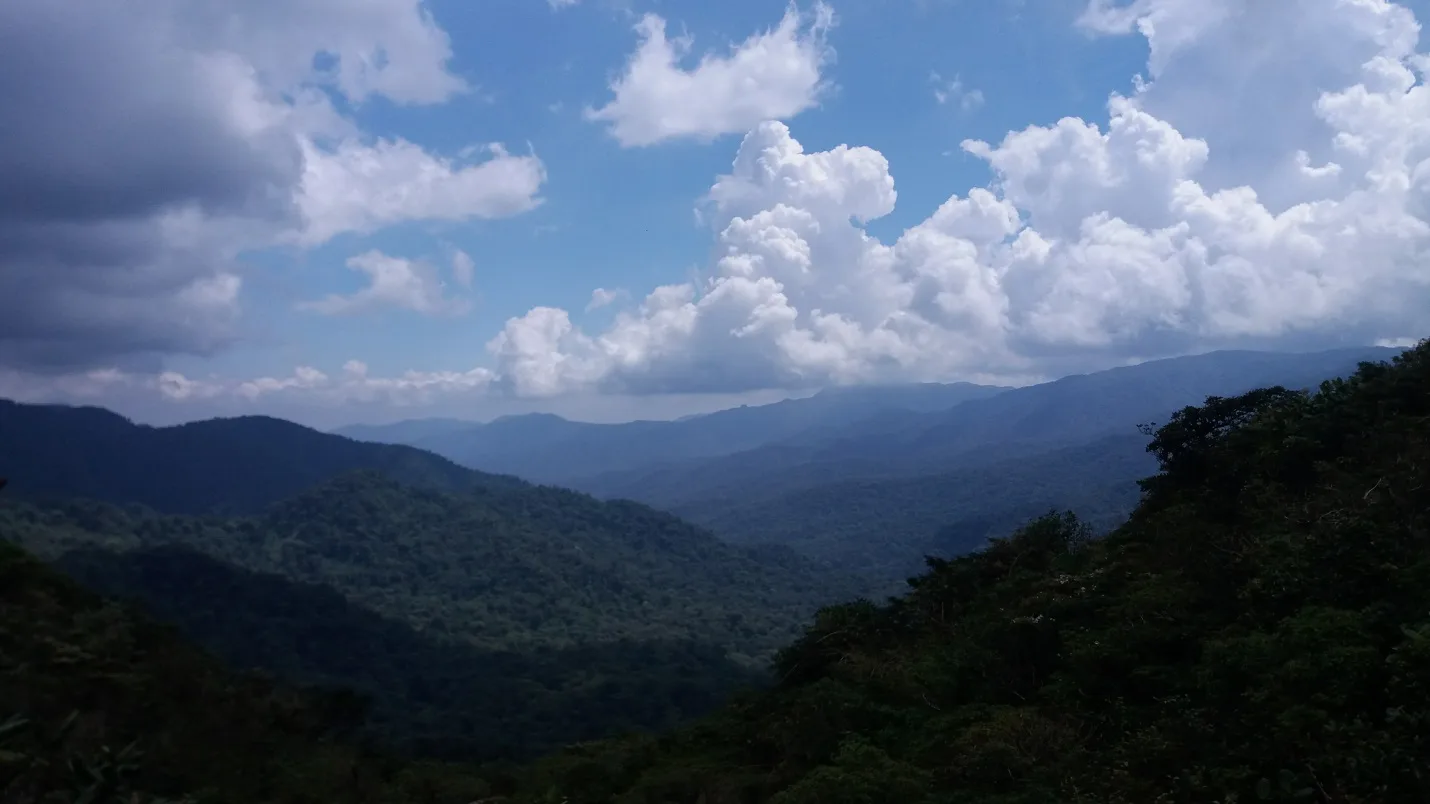
The Monteverde Cloud Forest Reserve. La Ventana lookout point, in the direction of Peñas Blancas Valley
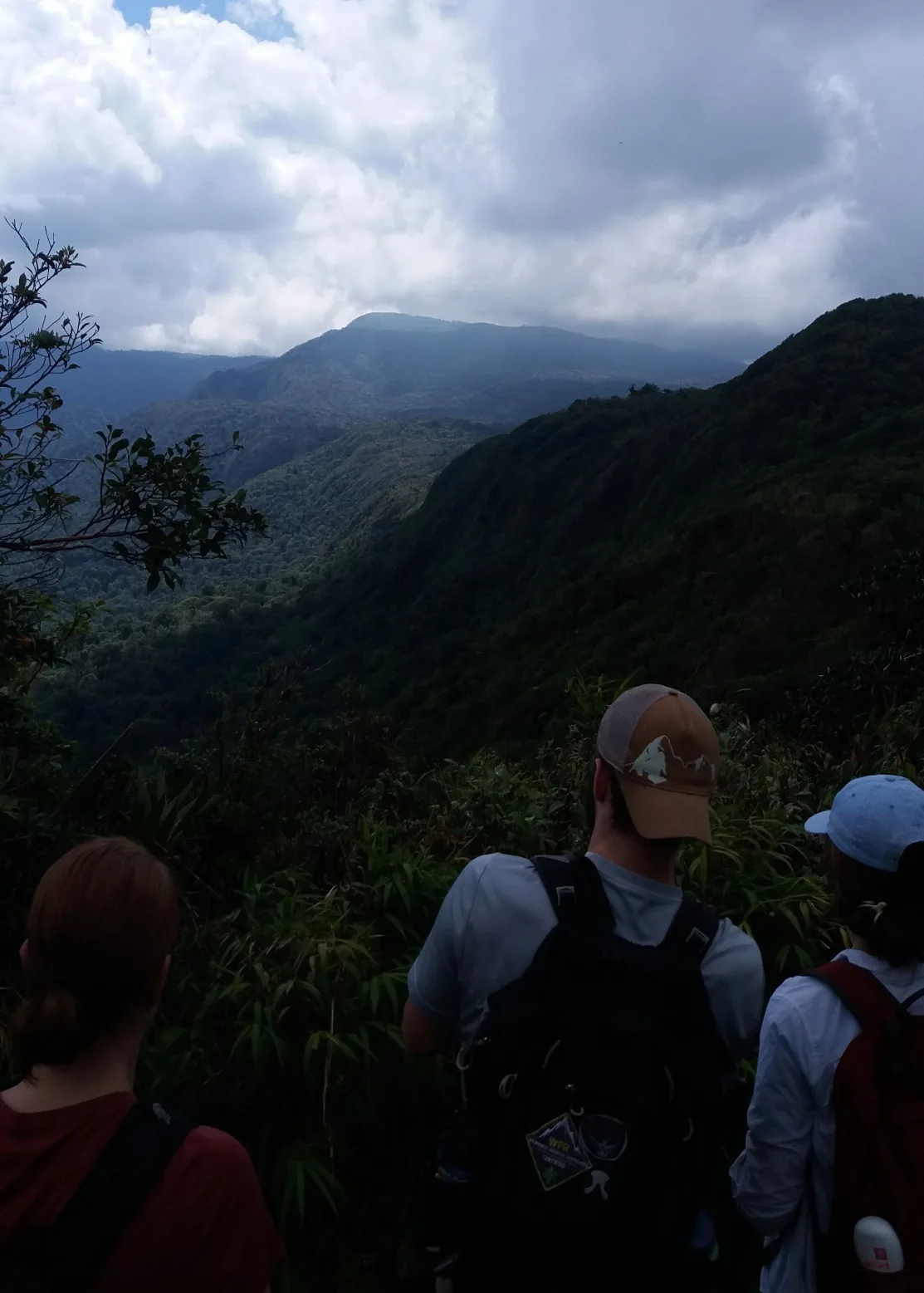
Our Spring 2017 students experiencing the Monteverde Cloud Forest Reserve
Related Posts
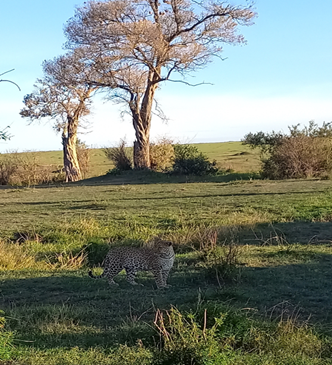
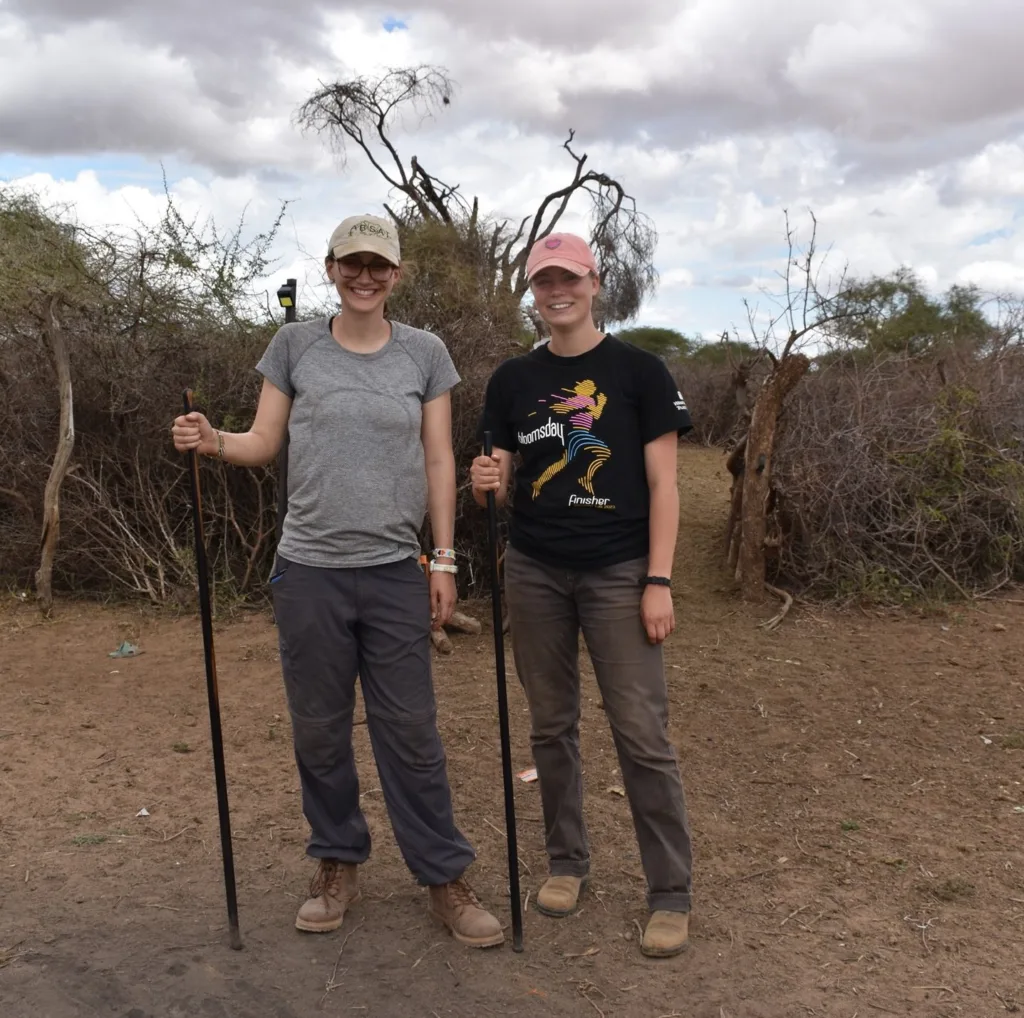
Alumni Reflections: Stories of the Return to Kenya
